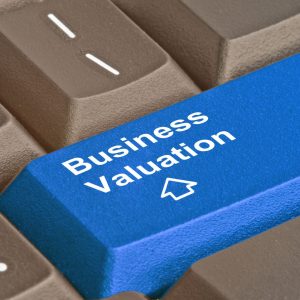Is GST payable on the sale of a business?
What is GST?
According to the Australian Taxation Office, GST is “Goods and services tax (GST) is a broad-based tax of 10% on most goods, services and other items sold or consumed in Australia.” However, there are certain situations where goods and/or services are GST-free, and others are GST-exempt. The big question is, will a buyer incur GST on a business sale? Let’s explain…
Is GST payable on the sale of a business?
If you’re considering a business purchase or perhaps are toying with the idea of selling your business, you may have heard the term “business sale as a going concern”. This term ‘going concern’ means the transaction is most likely GST-exempt provided the transaction satisfies the minimum criteria. It is neither GST inclusive nor exclusive, it simply doesn’t qualify.
Why are ‘going concerns’ GST exempt?
To qualify for the ‘going concern’ exemption, certain criteria apply:
- The seller (and business for sale) as well as the purchasing entity must be registered for GST
- Contractual agreements must state that the sale is of a ‘going concern’
- All things necessary that are required to continue the operation of the business is supplied by the seller in the transaction
- Payment is made for the sale of the business
- Handover occurs on the settlement date.
If a business meets all the above criteria, it is potentially exempt from GST as part of the ‘A New Tax System (Goods and Services Tax) Act 1999’, otherwise known as the ‘GST Act’ . This means no GST or additional stamp duty may be required. However, it is important to discuss the above prerequisites with your Accountant and/or legal team to ensure you meet the requirements before entering into the business sale process.
What happens if the business doesn’t meet the above criteria?
If the business is not eligible for sale as a ‘going concern’, then GST generally applies to the sale price. The GST on a business sale is calculated on the total sale price including stamp duty. The Purchaser would then pay the additional 10% GST to the Seller on settlement. The Seller would need to include the GST in the next (and possibly last) BAS return.
The Purchaser would also include this GST payment in their next BAS return and thereby claim the money back. In essence then paying GST on a business sale transaction is neutral for both parties at the end of the day however it does affect the cash flow of the Purchaser for a short period of time.
If you are looking to buy a business and want to know whether GST is payable on your business purchase, contact Core Business Brokers today. We have a trusted network of both legal and accounting professionals at the ready and will refer you if you require further advice. When it comes to business sales, it’s important to understand the process and the sale criteria before you finalise any agreements.
Lucky for you, we’ve got over 85 years’ experience in the industry and know our way around business sales. Contact Core Business Brokers today on (02) 9413 2977, or email Roy directly at [email protected].







